Join the community
Thought Leadership Centre
Most Read
1. Singapore to slash CDC vouchers in Budget 2026: analysts 2. UOB set for growth as DBS, OCBC earnings hold steady: report 3. HDB launches 9,012 flats in February BTO and SBF exercise 4. Daily Markets Briefing: STI up 1.06%; Top stock is Singtel 5. Daily Markets Briefing: STI up 0.43%; Top stock is Wilmar International LimitedResource Center
Awards
Apr
14
Event News
Singapore Business Review Management Excellence Awards 2025 Winner: Moninder Jain of Logitech Singapore Pte Ltd
Moninder Jain of Logitech Singapore highlights how human and AI collaboration strengthened the company’s market position.

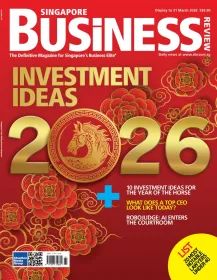
 Advertise
Advertise
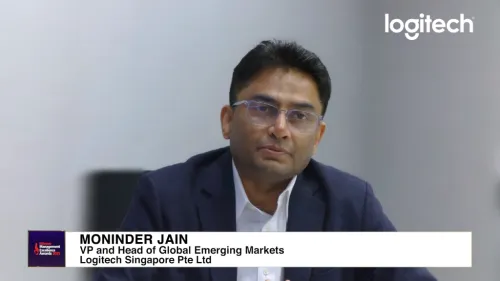



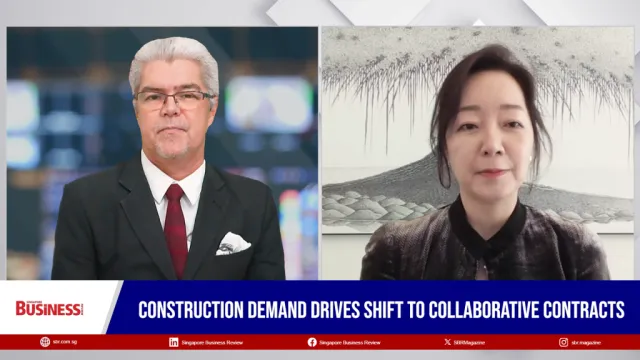
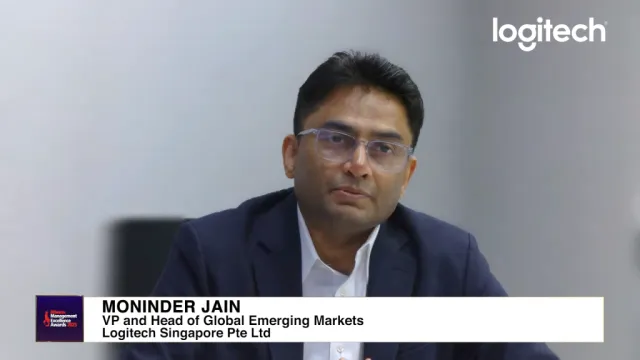
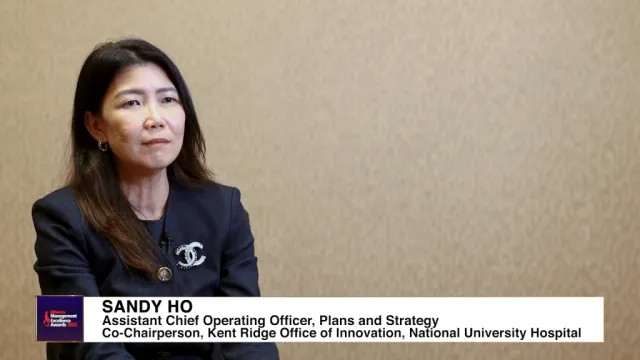

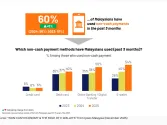






Commentary
Why data governance is not an option
Why data governance is not an option
What's the newest element to a proactive DDoS defense strategy?
Singapore's new payments rules aim to put consumers first
How can Singapore address the cyber security skills gap?
How the gig economy is fueling business expansion
Navigating Crypto: Singapore Tackles ICO Concerns with Tighter Regulation
Last-Mile Challenges in Singapore's Food E-Commerce Industry
Banning sugar products in Singapore may not be the best idea
Developers: Singapore retailers' secret weapon for the holiday season
Belt and Road: Singapore's rise in dispute resolution
The global war for talent can be won with good policies
How Singapore enterprises can rise to the digitalisation challenge
S-VACC: A milestone for fund management in Singapore
Travel expenses, the new frontier for compliance
Is Singapore's demographic a ticking time bomb for businesses?
The Instagram shake-up: What businesses need to know
Email: Boon or Bane for Singapore?